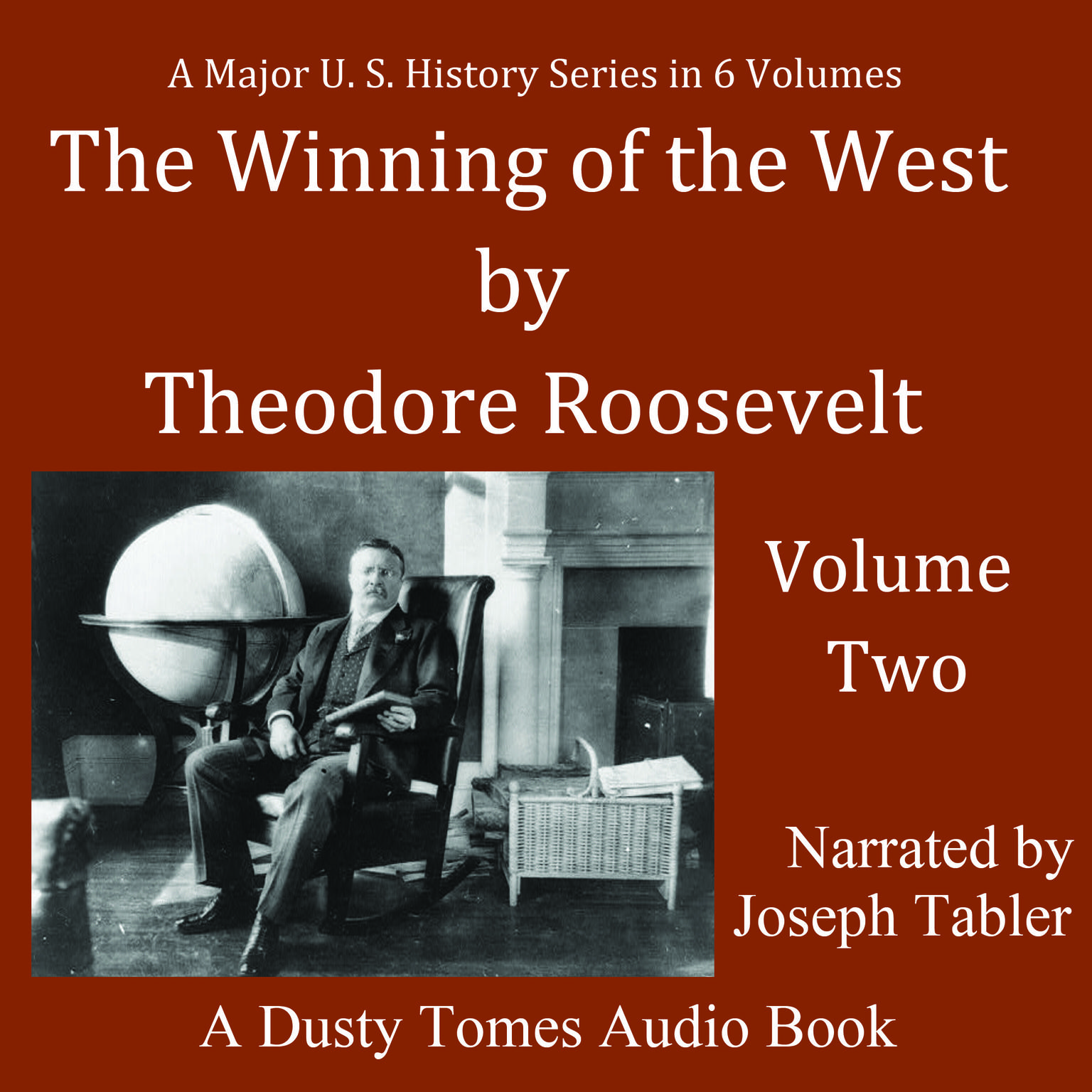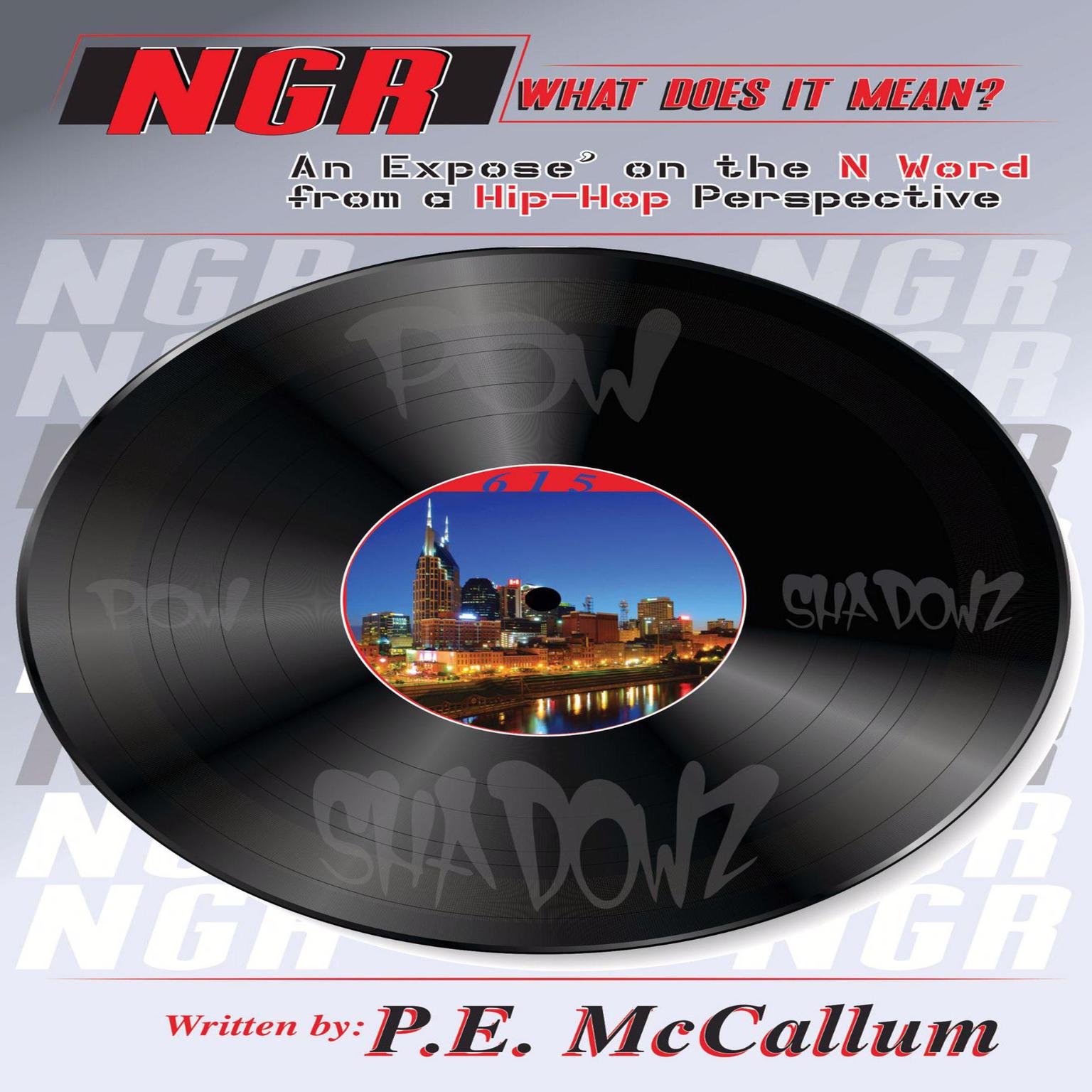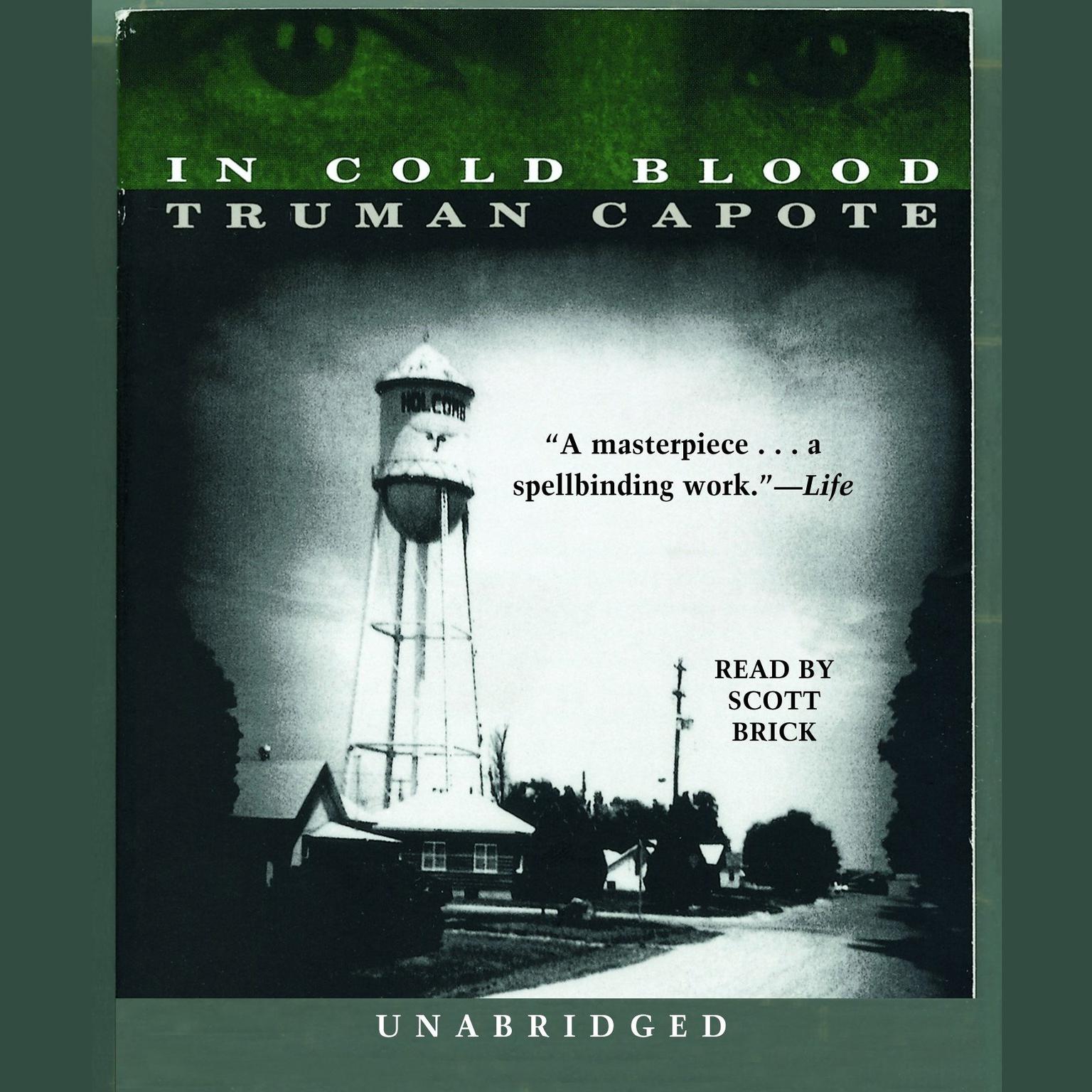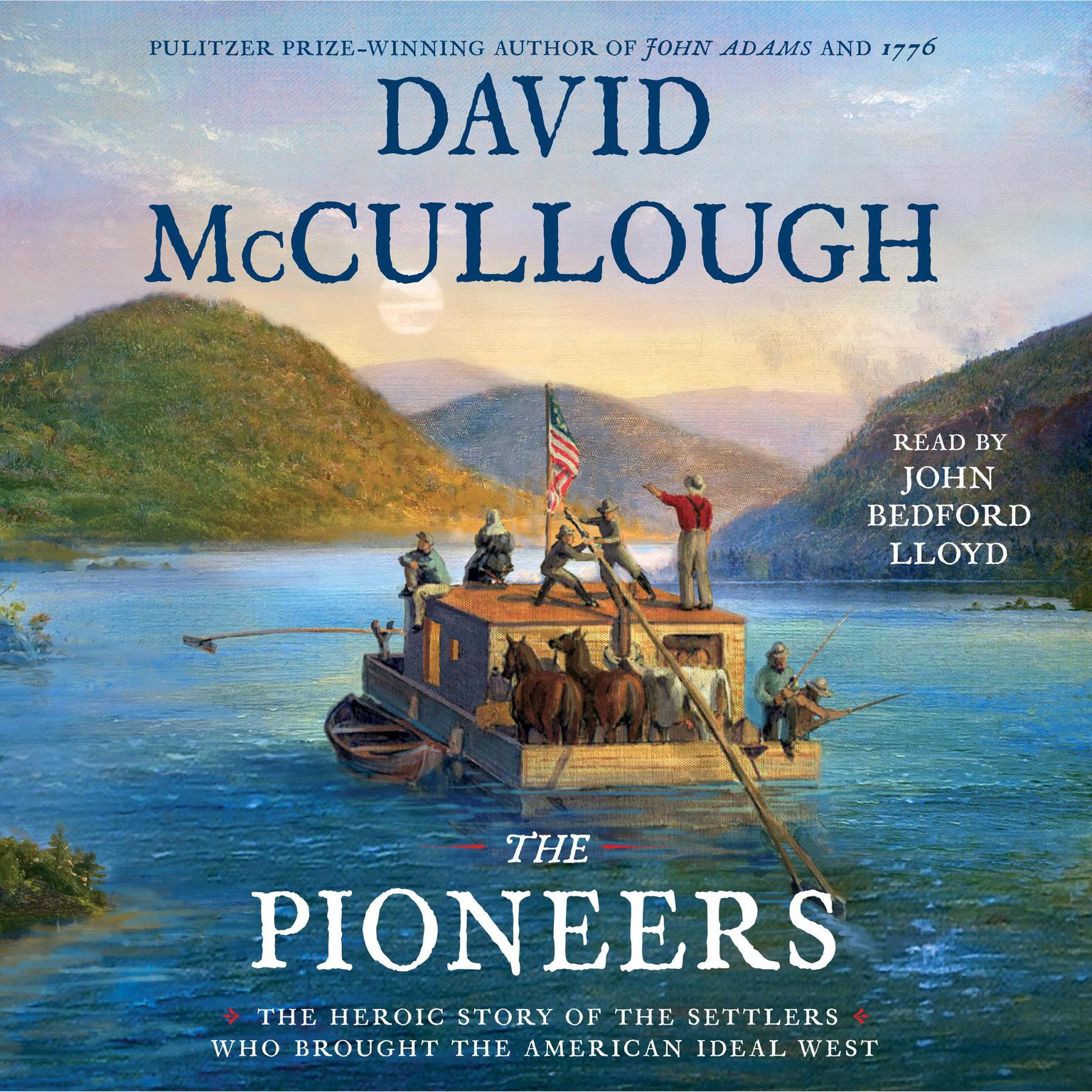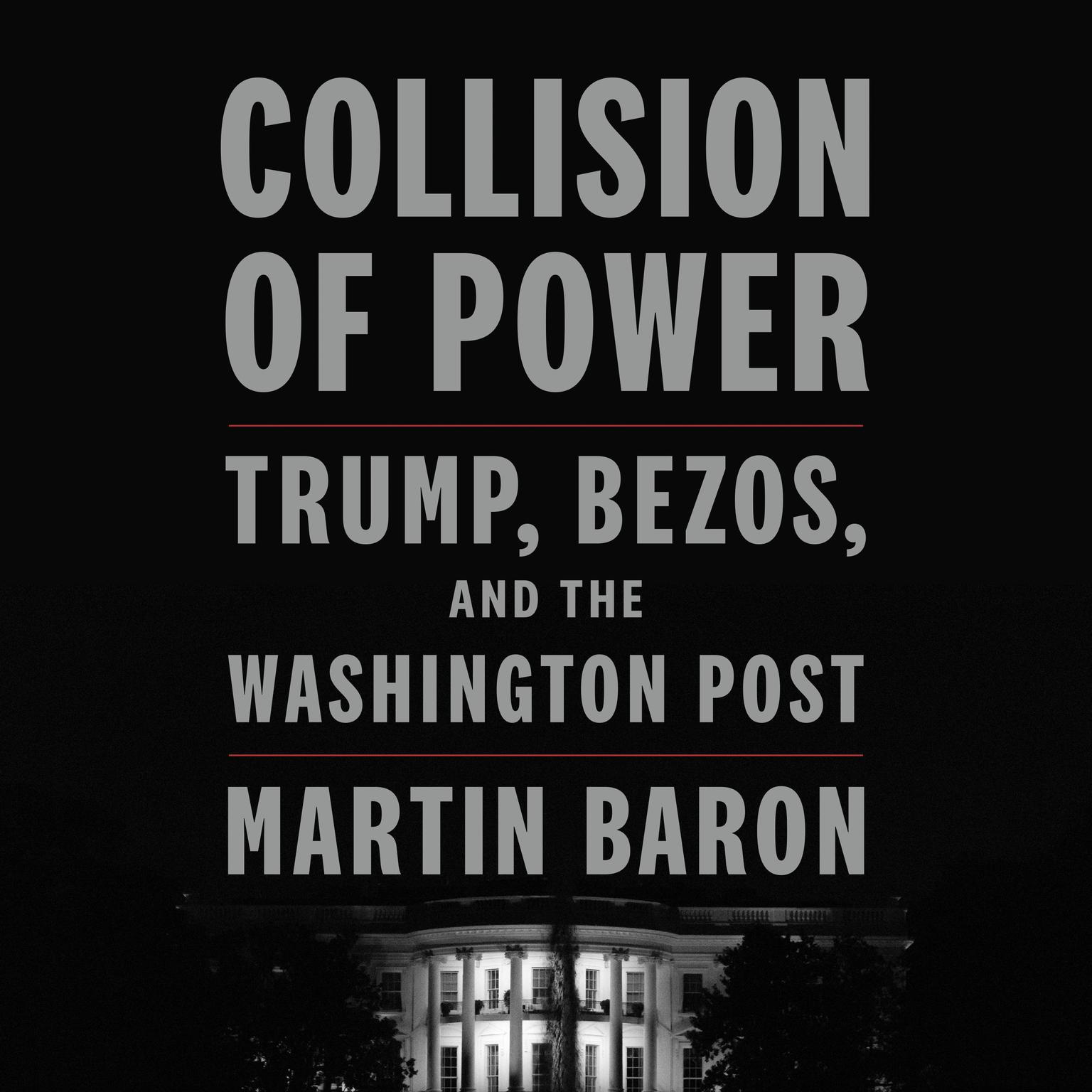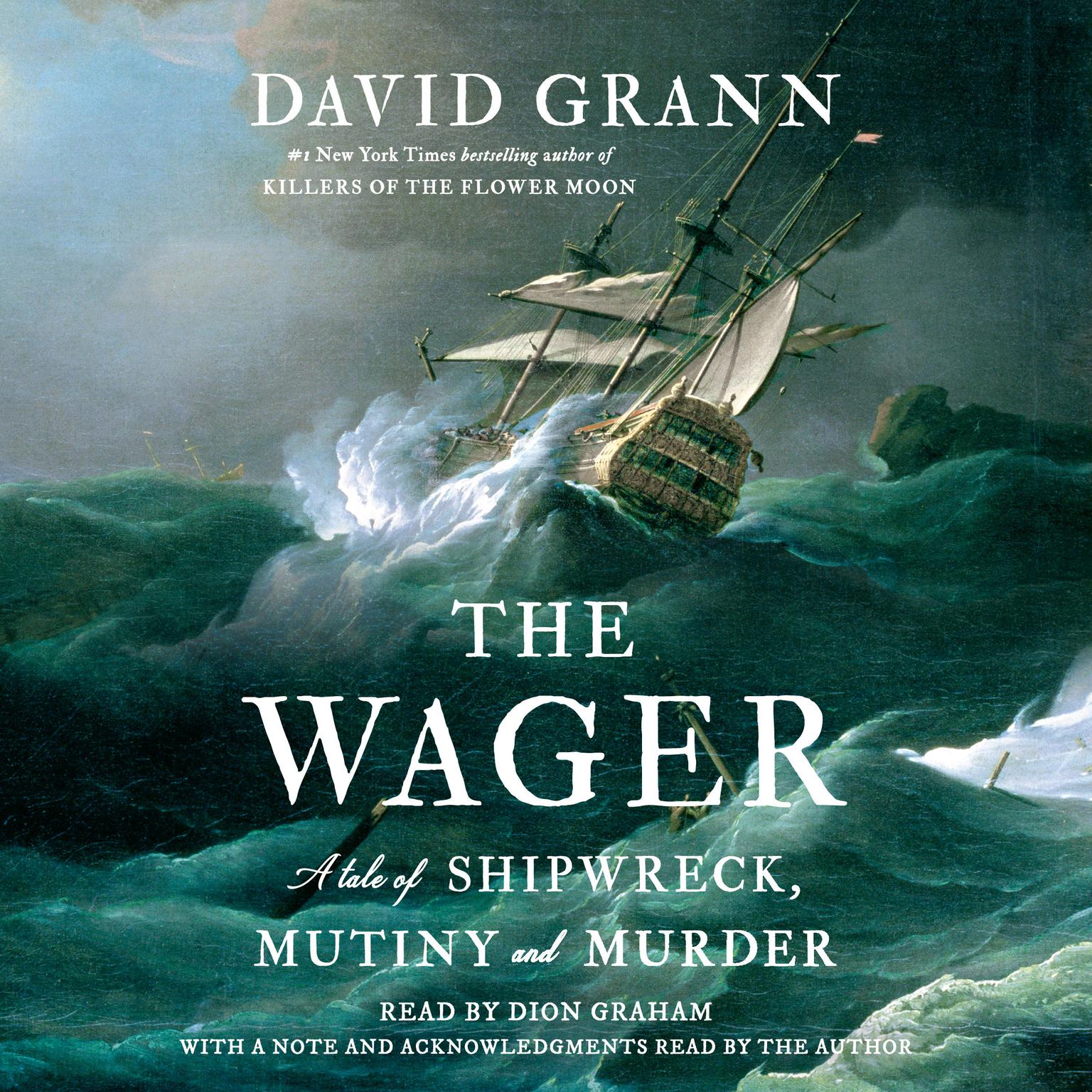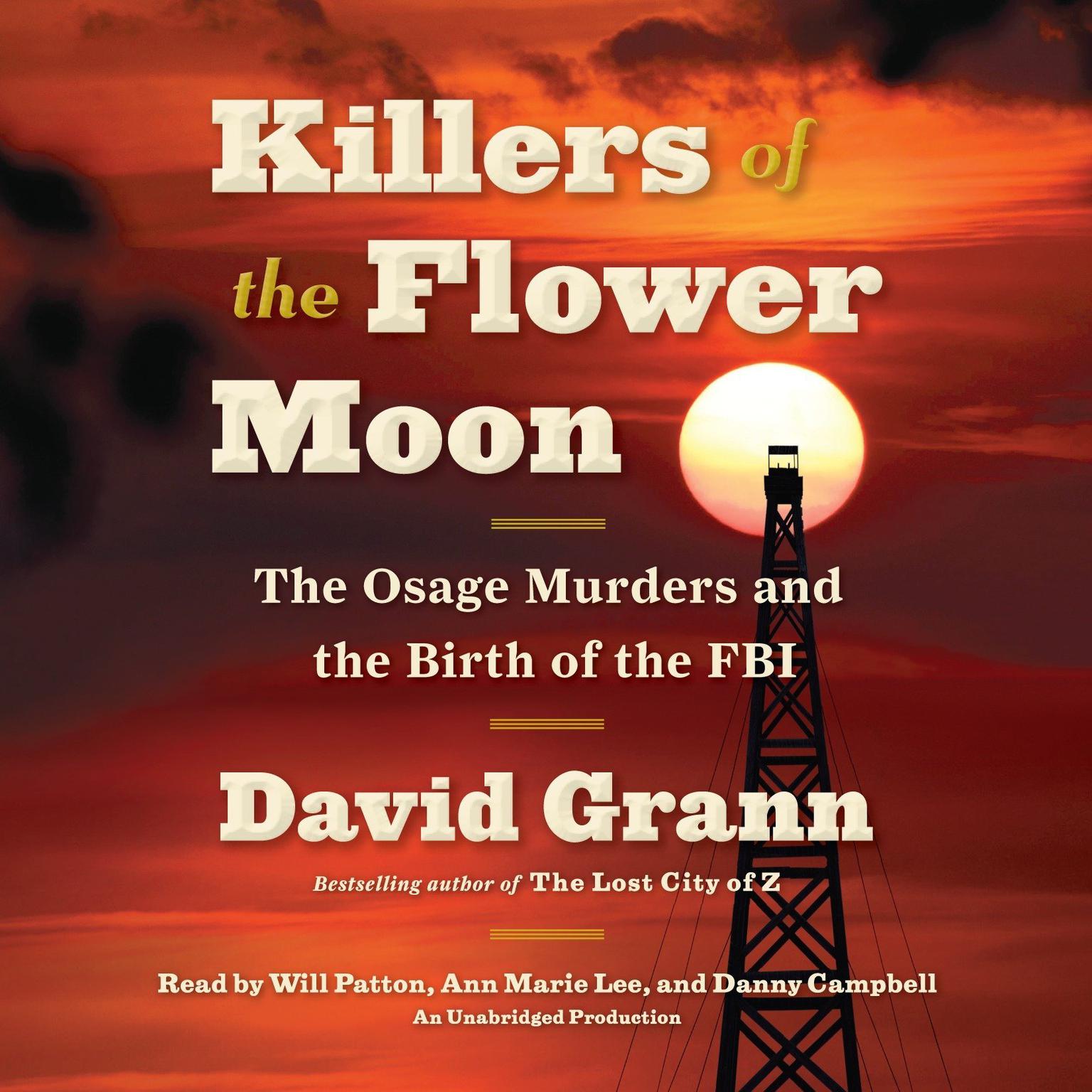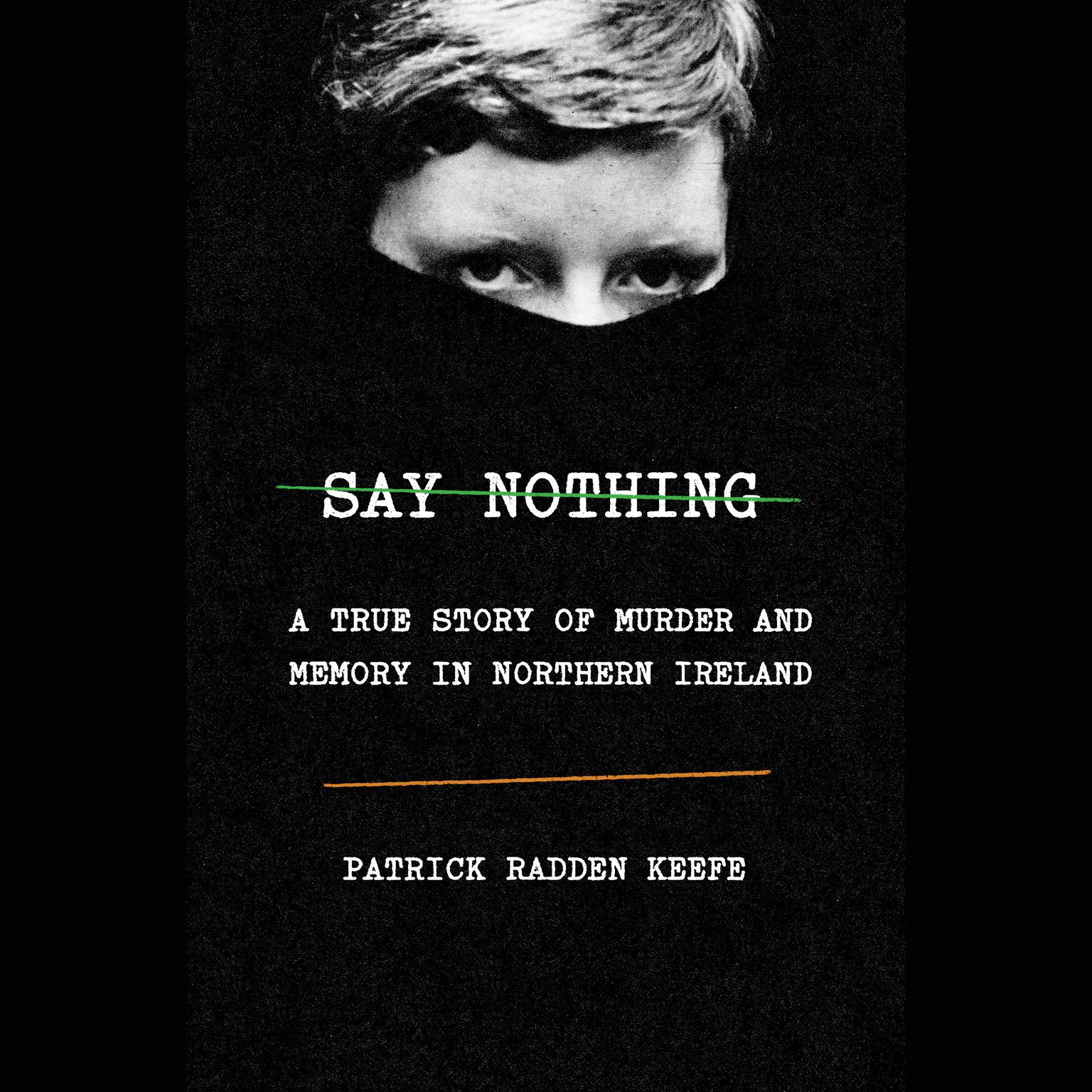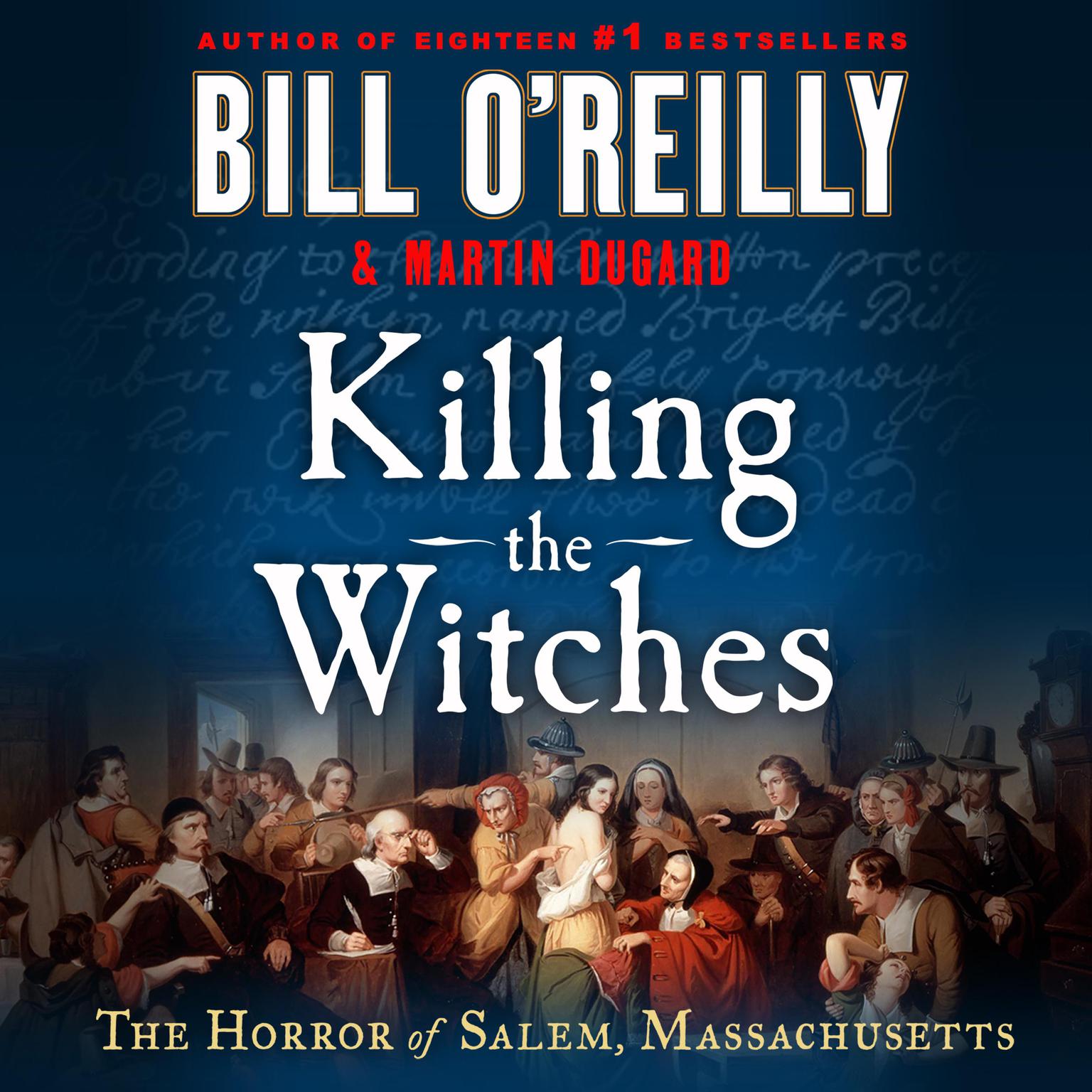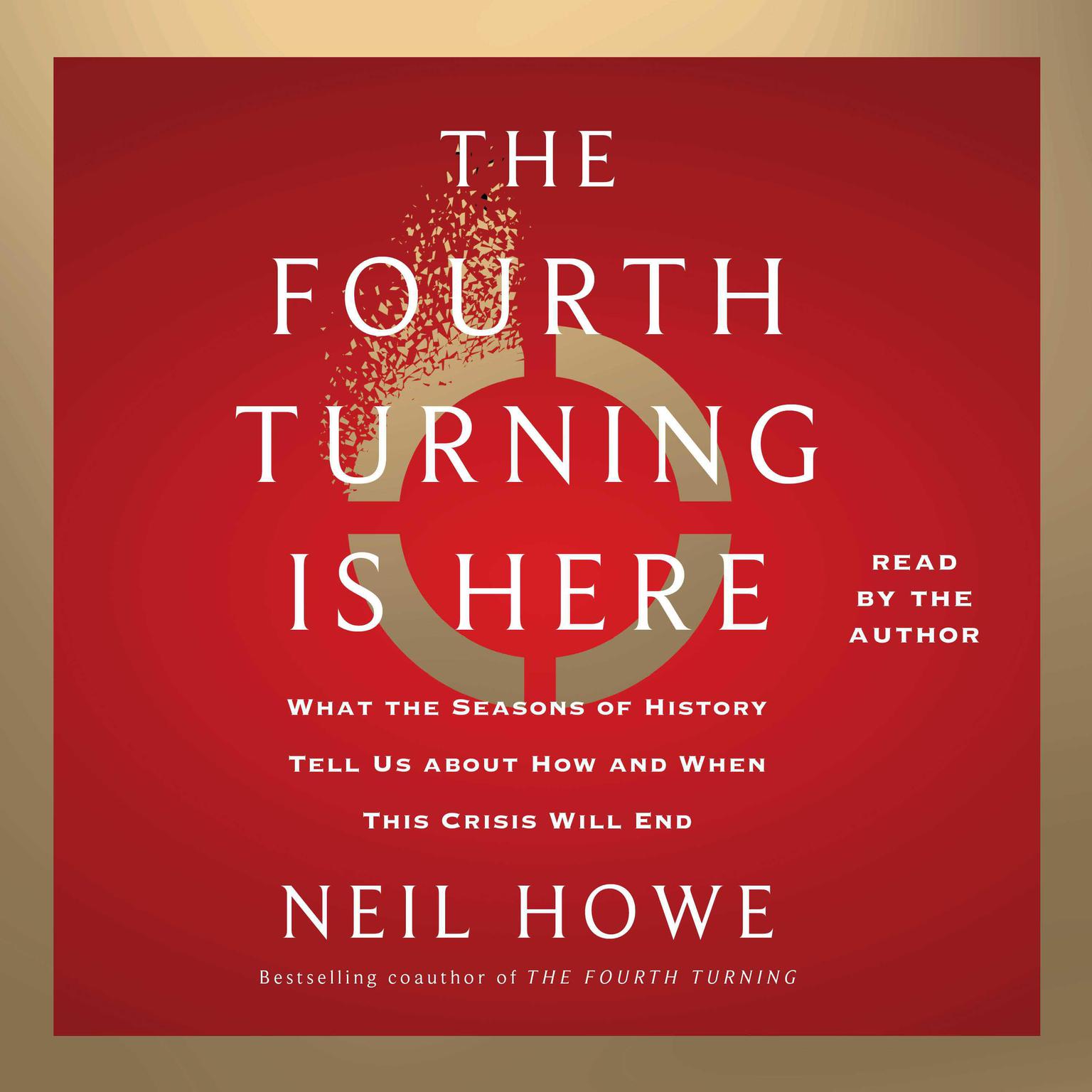Publisher Description
A Dusty Tomes Audio Book
In Cooperation with Spoken Realms
The Winning of the West, Volume 2: From the Alleghanies to the Mississippi, 1777–1783 by Theodore Roosevelt. A Major US History Series in 6 Volumes. G.P. Putnam’s Sons 1889.
Narrated by Joseph Tabler
Note: This book is “read as written.” It was published in 1889. It is in the public domain.
We all know of Theodore Roosevelt being the US president from 1901 to 1909, an American politician, statesman, soldier, conservationist, and naturalist. BUT few know of him being an acclaimed historian. Roosevelt’s The Winning of the West quickly became a bestseller. The first edition of his book sold out in little more than a month and helped establish Roosevelt as a literary man and scholar, placing him on a path toward future greatness. (Gordon T. Belt’s The Posterity Project).
CONTENTS OF THE SECOND VOLUME.
CHAPTER I. The War in the Northwest, 1777–1778
CHAPTER II. Clark’s Conquest of the Illinois, 1778
CHAPTER III. Clark’s Campaign against Vincennes, 1779
CHAPTER IV. Continuance of the Struggle in Kentucky and the Northwest, 1779–1781
CHAPTER V. The Moravian Massacre, 1779–1783
CHAPTER VI. The Administration of the Conquered French Settlements, 1779–1783
CHAPTER VII. Kentucky until the End of the Revolution, 1782–1783
CHAPTER VIII. The Holston Settlements, 1777–1779
CHAPTER IX. King’s Mountain, 1780
CHAPTER X. The Holston Settlements to the End of the Revolution, 1781–1783
CHAPTER XI. Robertson Founds the Cumberland Settlement, I779–1780
CHAPTER XII. The Cumberland Settlements to the Close of the Revolution, 1781–1783
CHAPTER XIII. What the Westerners had Done During the Revolution
Audio cover picture: Theodore Roosevelt
Dusty Tomes Audio Books are public domain books retrieved from the ravages of time. Available as never before, as audio books, for your edification, pleasure, and consideration. Please excuse the dust.
Download and start listening now!
“The different idea that McMaster was laboriously illustrating was vehemently given in 1889 by the irruption into historiography of Theodore Roosevelt, aged thirty-one, with his Winning of the West. The formal opening of this field was a capital fact of American historiography. It signified the beginning of a serious evaluation of a great drama in human progress—a drama that had unfolded almost without intelligent notice through a century. The history of pioneering from the Appalachians to the Pacific, and its part in the building up of the nation.”
—
American Historical Association
